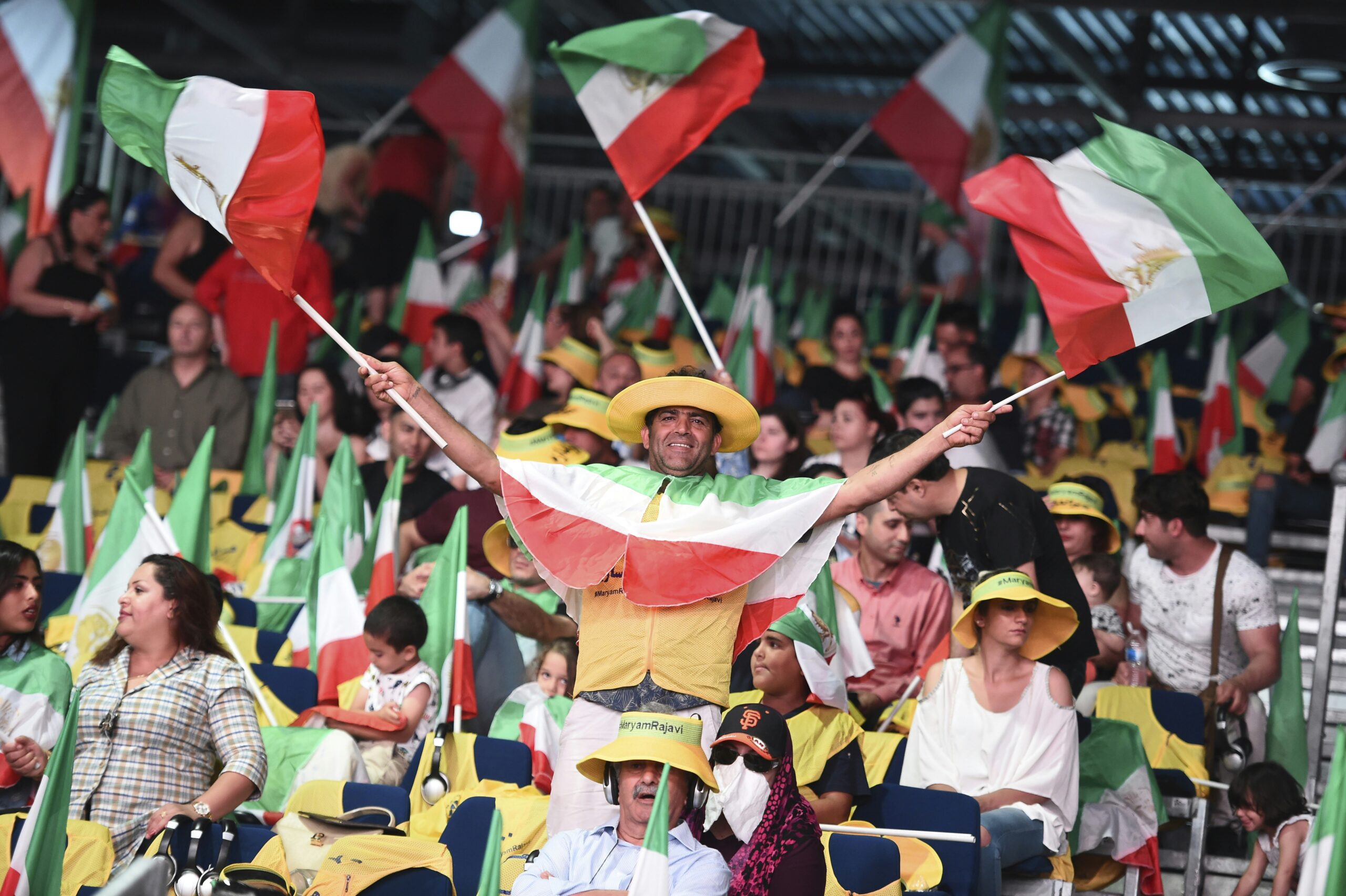
An esports tournament in Saudi Arabia has become embroiled in controversy after a series of visa denials prevented several prominent teams from participating. The affected teams, primarily from Eastern Europe, South America and Africa, were unable to secure the necessary travel documents to enter the country, raising concerns about the fairness and inclusivity of the event. This situation has sparked outrage within the esports community, with accusations of discrimination and calls for greater transparency in the visa application process.
Key Facts
- Several esports teams have been denied visas to enter Saudi Arabia for a major tournament.
- The affected teams are primarily from Eastern Europe, South America and Africa.
- The visa denials have led to accusations of discrimination and questions about the fairness of the tournament.
Several esports teams have been denied visas to enter Saudi Arabia for a major tournament. This has prevented them from participating in the event. The specific tournament was not named in the source.
The affected teams are primarily from Eastern Europe, South America and Africa. The source did not specify the exact number of teams affected or their specific countries of origin, but it highlights a pattern of denials impacting teams from these regions.
The visa denials have led to accusations of discrimination and questions about the fairness of the tournament. Members of the esports community have voiced their concerns and called for a more transparent and equitable visa application process for future events. The specific grounds for the visa denials have not been disclosed, further fueling speculation and criticism.
Background
Esports tournaments have grown into major international events, attracting participants and viewers from around the globe. These competitions often involve significant prize pools and can provide substantial economic benefits to host countries. However, the ability of teams to participate is contingent on their ability to secure the necessary travel visas. Visa denials can disrupt the competitive landscape, raise questions about fairness, and potentially damage the reputation of the event and the host country. The esports community generally expects fair and equal opportunity for all qualified teams, regardless of their country of origin. Securing visas can often be a complex and time-consuming process, requiring significant logistical planning and coordination between teams, tournament organizers, and government authorities. Any perceived bias or inconsistency in the visa application process can lead to controversy and undermine the integrity of the event.
Timeline / What We Know
The visa denials occurred in the lead-up to the esports tournament in Saudi Arabia. The specific dates of the visa applications and denials were not specified in the source. The tournament dates were also not provided in the source.
The source did not specify the criteria or methodology used by Saudi Arabian authorities for evaluating visa applications. The reasons for the visa denials have not been publicly disclosed, which has contributed to the controversy and speculation surrounding the event.
Official Reactions
There has been no official statement from the Saudi Arabian government or the tournament organizers regarding the visa denials. The affected teams and their representatives have expressed their disappointment and frustration through social media and other channels. The esports community has called for greater transparency and accountability in the visa application process. The source did not specify whether any formal appeals have been filed or what recourse is available to the affected teams.
What’s Next
The immediate impact of the visa denials is that the affected teams will be unable to participate in the tournament. This could potentially affect the competitive balance of the event and disappoint fans who were looking forward to seeing these teams compete. In the short term, the tournament organizers may face pressure to address the issue and find ways to mitigate the impact of the visa denials.
In the medium term, this situation could lead to a review of the visa application process for esports tournaments in Saudi Arabia. The esports community may advocate for clearer guidelines and greater transparency to ensure that all qualified teams have an equal opportunity to participate. There could also be discussions about alternative locations for future tournaments if the visa issue is not resolved.
In the long term, this incident could have broader implications for the esports industry. It could raise questions about the suitability of certain countries as hosts for international tournaments if there are concerns about visa restrictions or potential discrimination. The esports community may become more vocal in demanding that host countries adhere to principles of fairness and inclusivity. This situation could also prompt a greater emphasis on developing esports talent in regions that are less likely to face visa challenges.
The specific scenarios for the future include:
- The tournament proceeds without the affected teams, potentially diminishing its competitive value and raising questions about its legitimacy.
- The tournament organizers offer some form of compensation or alternative opportunities to the affected teams.
- The Saudi Arabian government issues a statement addressing the visa denials and outlining steps to prevent similar incidents in the future.
- Other esports organizations and players boycott future events in Saudi Arabia in protest of the visa denials.
- The esports community develops a formal set of guidelines for ensuring fair and equitable visa access for all participants in international tournaments.
For additional information on esports visas, visit Sporting News.
Read about other esports controversies on our site.